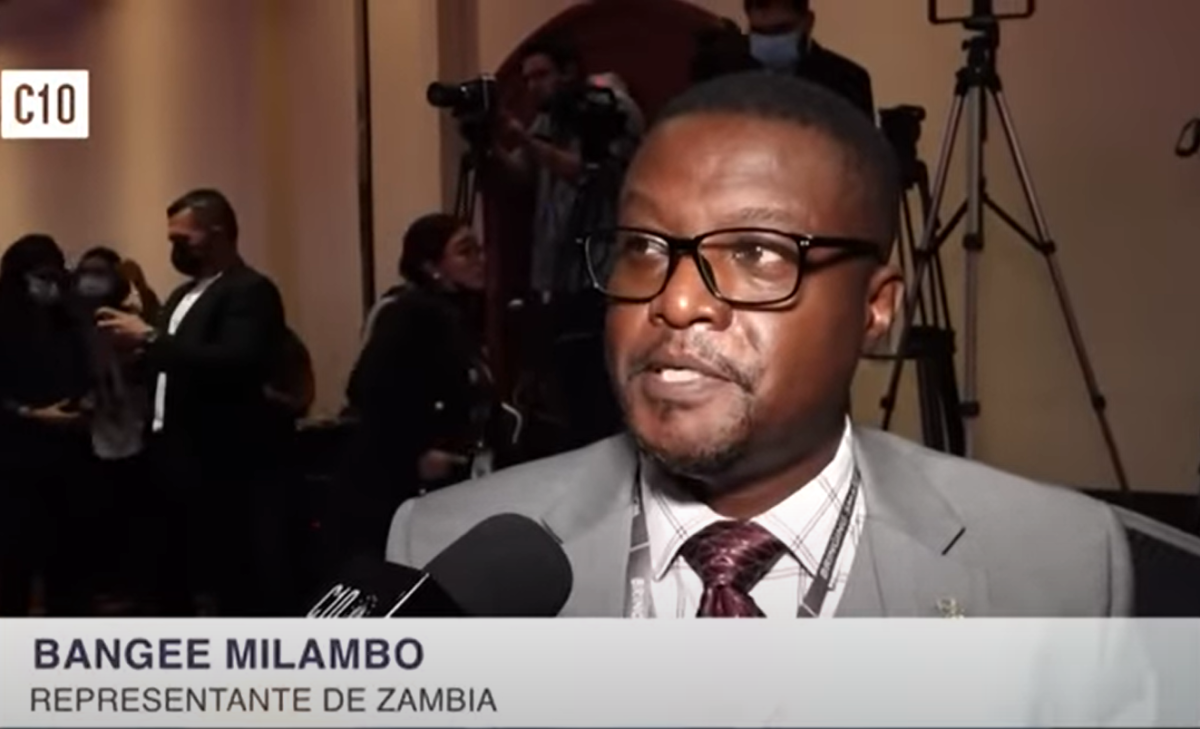What happened in El Salvador to encourage 44 different countries[1] to send representatives from 32 central banks and 12 other financial institutions? The short answer is that last week the country hosted an economic summit to learn about El Salvador’s strategies and experience in financial inclusion[2]. And while the event was not a Bitcoin-specific gathering, the participants, many of whom hail from countries with similar economies to El Salvador’s, received firsthand exposure to the country’s unique and pioneering Bitcoin journey.
A Bitcoin Summit For The Alliance For Financial Inclusion
Participants in this financial forum are members of the Alliance For Financial Inclusion (AFI), an organization that promotes and develops economic policies that help improve the lives of poor and unbanked populations. In an interview for this article, Mike Peterson from the Bitcoin Beach[3] project, described the organization as the “group of forgotten countries that the economic superpowers often ignore.”
As a member of AFI since 2012, this latest summit El Salvador was hosting the latest rounds of meetings for AFI’s Digital Finance Services Working Group and the Micro, Small, Medium Enterprise Services Working Group. According to El Salvador’s president, Nayib Bukele[4], on Twitter, the gathering focused on “financial inclusion, digital economy, banking the unbanked, the Bitcoin rollout and its benefits...”
While the event was planned for 2020 and postponed due to the COVID-19 pandemic, AFI finalized the summit’s agenda before El Salvador approved the “Bitcoin Law[5].” Though before the summit, AFI Policy Programs and Implementation Director Eliki Boletawa recognized El Salvador as the first country to make bitcoin legal tender[6] and balance innovation with “stability, integrity and inclusivity.”




